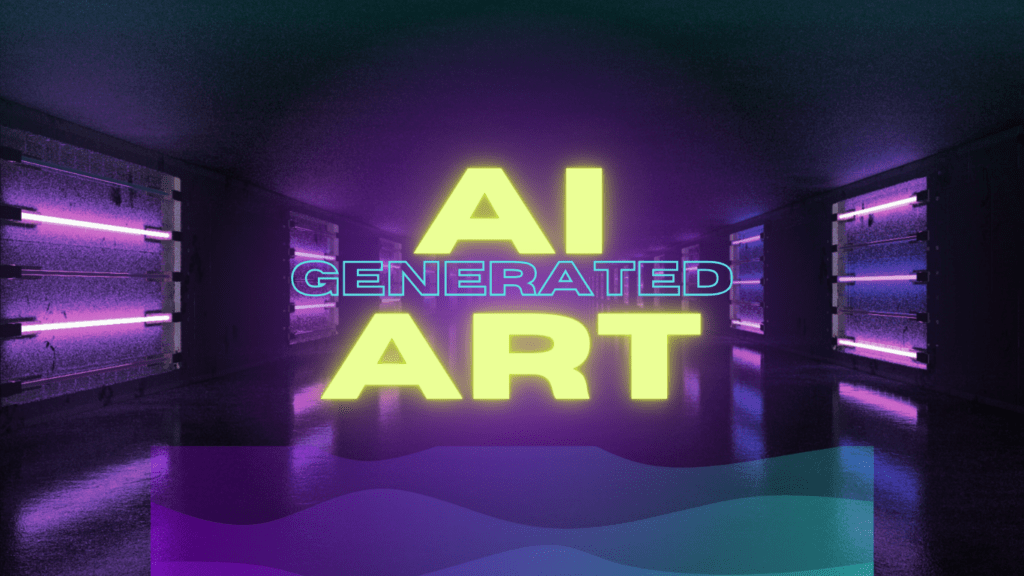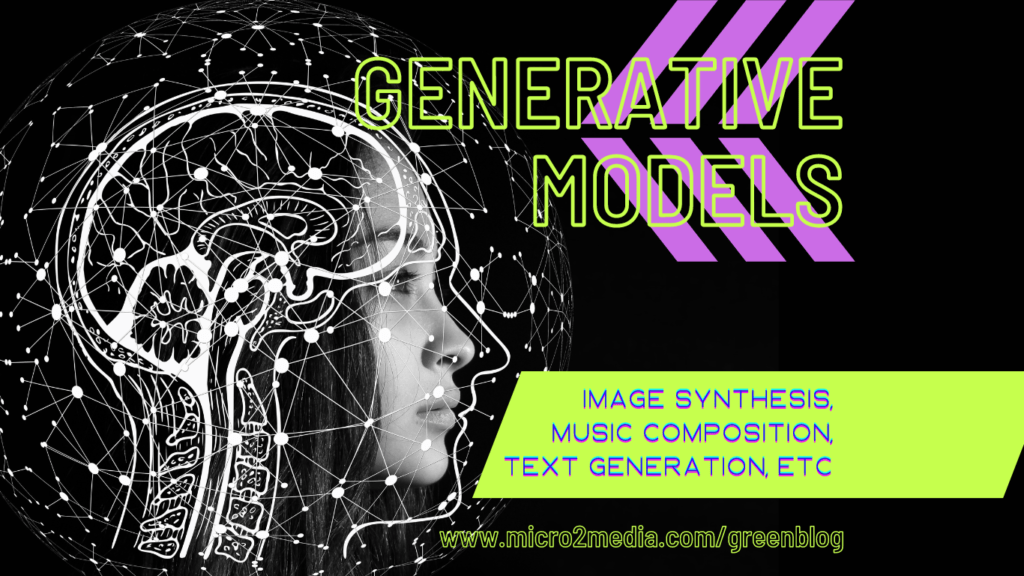Introduction
In recent years, the landscape of scientific research has been undergoing a seismic shift, largely due to advancements in artificial intelligence (AI) and, more specifically, generative AI models like ChatGPT. These sophisticated tools are not just enhancing existing methodologies but revolutionizing the way scientists approach complex problems. By automating data analysis, accelerating research processes, and even generating hypotheses, AI is becoming an indispensable ally for researchers across various disciplines. This blog post delves into the transformative impact of ChatGPT and generative AI on the scientific community, exploring their applications, advantages, and the challenges they present. Whether you’re a seasoned scientist, an AI enthusiast, or simply curious about the intersection of technology and research, read on to discover how these groundbreaking technologies are shaping the future of science.

What is ChatGPT and Generative AI?
Generative AI, at its core, refers to AI models designed to generate new content, whether it’s text, images, or even music, based on the data they’ve been trained on. ChatGPT, developed by OpenAI, is a prime example of this technology. Built on the Transformer architecture, ChatGPT is a state-of-the-art language model capable of understanding and generating human-like text based on the prompts it receives.
The power of ChatGPT lies in its ability to learn from vast amounts of data and generalize that knowledge to generate coherent and contextually relevant responses. Unlike traditional AI systems that operate based on predefined rules or algorithms, generative AI models like ChatGPT can generate original content, making them incredibly versatile tools for various applications, including scientific research.

Generative AI models are trained on diverse datasets encompassing a wide range of topics and domains, allowing them to generate content across different disciplines with remarkable accuracy. This versatility makes them invaluable for scientific research, where the ability to process and analyze complex datasets, generate hypotheses, and even assist in experimental design can significantly accelerate the pace of discovery.
Moreover, ChatGPT and similar generative AI models are continuously improving. With ongoing research and advancements in AI, these models are becoming more sophisticated, capable of handling increasingly complex tasks and generating more nuanced and contextually accurate content. As a result, the potential applications of generative AI in scientific research are virtually limitless, promising to revolutionize the way scientists work and collaborate across disciplines.
Applications in Scientific Research
Data Analysis and Interpretation:
One of the most transformative applications of ChatGPT and generative AI in scientific research is in data analysis and interpretation. Traditional methods of data analysis often require significant manual effort and are prone to human error. Generative AI models like ChatGPT can automate these processes, handling large datasets with ease and providing insights that might otherwise be overlooked.
By analyzing complex data patterns and relationships, ChatGPT can identify trends, anomalies, and correlations that can be crucial for scientific discovery. This capability is particularly valuable in fields such as genomics, where vast amounts of data are generated from sequencing experiments. ChatGPT can sift through this data, identifying potential genetic markers, pathways, and interactions that could lead to breakthroughs in personalized medicine and disease treatment.
Drug Discovery and Development:
In the pharmaceutical industry, the process of drug discovery and development is notoriously time-consuming and expensive. Generative AI models like ChatGPT are revolutionizing this process by accelerating the identification of potential drug candidates and predicting their efficacy and safety profiles.

ChatGPT can analyze existing research papers, clinical trial data, and molecular structures to generate hypotheses and suggest novel drug targets. This not only speeds up the drug discovery process but also reduces the costs associated with experimental design and validation. Moreover, by predicting the potential side effects and interactions of new drugs, ChatGPT can help researchers prioritize candidates for further study, leading to more targeted and efficient drug development pipelines.
Climate Modeling:
Climate change is one of the most pressing challenges facing humanity, requiring accurate and reliable models to predict its impact and inform mitigation strategies. Generative AI models like ChatGPT are playing a crucial role in climate modeling by analyzing historical climate data, simulating future scenarios, and identifying potential tipping points and feedback loops.
ChatGPT can generate complex climate models based on input data from various sources, helping scientists better understand the dynamics of the Earth’s climate system and the potential consequences of different emission scenarios. By providing more accurate and granular predictions, ChatGPT is empowering policymakers and environmentalists to make informed decisions and develop effective strategies to mitigate the impacts of climate change.
Advantages and Challenges
Speed and Efficiency:
One of the most significant advantages of using ChatGPT and generative AI in scientific research is the speed and efficiency they bring to the table. These AI models can process and analyze vast amounts of data in a fraction of the time it would take a human researcher, accelerating the pace of scientific discovery significantly.
By automating repetitive tasks, such as data collection, analysis, and interpretation, ChatGPT allows researchers to focus on more creative and complex aspects of their work, leading to more innovative and groundbreaking discoveries. This increased efficiency is particularly valuable in fast-paced fields like drug discovery and climate modeling, where timely insights can make a significant difference.
Accuracy and Reliability:
While generative AI models like ChatGPT are incredibly powerful tools, they are not without their challenges. One of the primary concerns with using AI in scientific research is ensuring the accuracy and reliability of the generated content. Errors or biases in the training data can lead to incorrect or misleading results, potentially undermining the validity of the research.
To mitigate this risk, it’s crucial to employ rigorous validation and verification processes when using ChatGPT and similar generative AI models in scientific research. Collaborating with domain experts, conducting thorough peer reviews, and employing advanced validation techniques can help ensure the accuracy and reliability of the AI-generated content, making it a valuable asset rather than a liability.
Ethical Considerations:
The use of AI in scientific research also raises important ethical considerations that cannot be ignored. Issues such as data privacy, consent, and fairness are paramount when deploying generative AI models like ChatGPT in research settings.
Researchers must ensure that they have the necessary permissions to use the data for training and validation purposes and that the AI models are designed and deployed in a manner that respects the rights and interests of all stakeholders involved. Moreover, efforts should be made to address and mitigate biases in the training data and AI algorithms to ensure fair and equitable outcomes.
The Future of Science with AI
The integration of ChatGPT and generative AI into scientific research is still in its infancy, but the potential for transformative impact is immense. As these technologies continue to evolve and mature, we can expect to see even more innovative applications across various scientific disciplines.
Collaborative Research and Knowledge Sharing:
One of the most promising avenues for the future of science with AI is collaborative research and knowledge sharing. Generative AI models like ChatGPT can facilitate collaboration among researchers by assisting in literature reviews, summarizing research findings, and even generating hypotheses based on existing knowledge.
By providing researchers with access to a wealth of information and insights from diverse disciplines, ChatGPT can foster interdisciplinary collaboration and accelerate the pace of scientific discovery. This collaborative approach to research can lead to more holistic and comprehensive solutions to complex problems, driving innovation and pushing the boundaries of what’s possible in science.
Personalized Medicine and Healthcare:
In the field of healthcare, the potential applications of ChatGPT and generative AI are particularly exciting. These AI models can analyze patient data, medical records, and genomic information to generate personalized treatment plans and predict disease trajectories with unprecedented accuracy.
By leveraging the power of AI to analyze and interpret complex biological data, healthcare providers can deliver more personalized and targeted care, leading to better patient outcomes and more efficient use of resources. This personalized approach to medicine has the potential to revolutionize healthcare delivery and transform the treatment of a wide range of diseases and conditions.
Continuous Learning and Adaptation:
As generative AI models like ChatGPT continue to learn and adapt to new information, they will become increasingly adept at handling complex and dynamic research challenges. This continuous learning and adaptation capability will enable AI to assist researchers in tackling increasingly complex problems and generating more innovative solutions.
By staying abreast of the latest research developments, technological advancements, and emerging trends, ChatGPT can help researchers stay ahead of the curve and make informed decisions that drive scientific progress. This dynamic and adaptive approach to research promises to revolutionize the scientific landscape, making AI an indispensable tool for researchers across disciplines.
Conclusion
The integration of ChatGPT and generative AI into scientific research is ushering in a new era of innovation and discovery. These powerful tools are revolutionizing the way researchers approach complex problems, offering unprecedented speed, efficiency, and insights across various scientific disciplines.
From accelerating data analysis and interpretation to facilitating collaborative research and enabling personalized healthcare, the potential applications of AI in science are vast and transformative. While the adoption of AI in scientific research presents numerous advantages, it also comes with its set of challenges, including ensuring accuracy, reliability, and addressing ethical considerations.
As AI technology continues to evolve and mature, the future of science with AI looks promising. With ongoing advancements in AI capabilities and increasing collaboration between researchers and technologists, we can expect to see even more groundbreaking discoveries and innovations in the years to come. By embracing the potential of ChatGPT and generative AI, the scientific community is poised to unlock new frontiers and shape the future of research in unprecedented ways.
Further Reading
- What ChatGPT and generative AI mean for science
- Meet Pega GenAI, the first generative AI for the enterprise.
- Generative AI Overview
